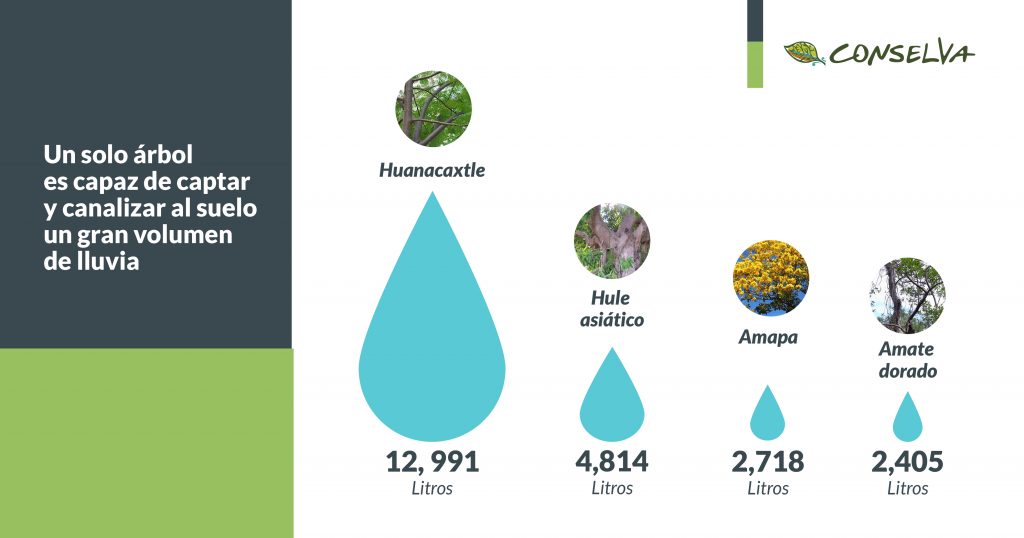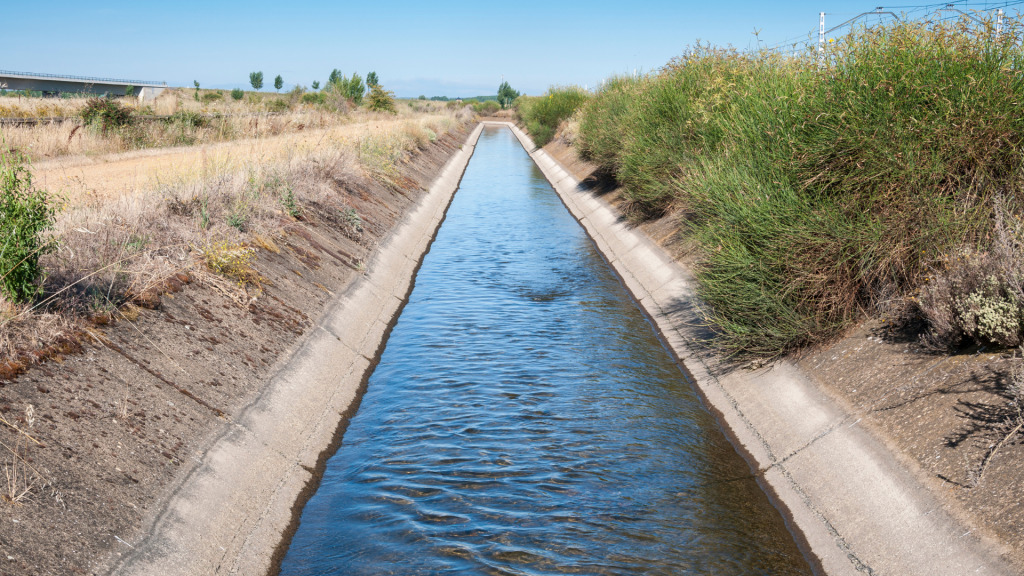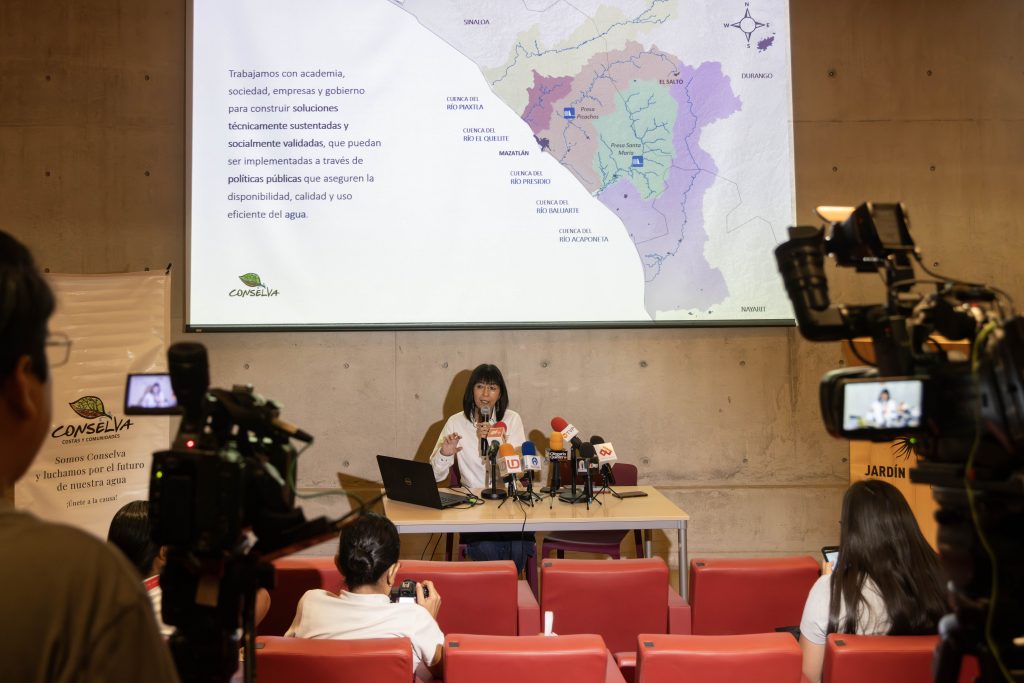Before the water crisis caused by global warming, deforestation and deforestation. low rainfall, Conselva, Coasts and Communities A.C. presented an innovative Integral Water Agenda for Sinaloaa strategic and sustainable plan that seeks to optimize the water production and management in the entity.
Sandra Guido SánchezConselva's Executive Director, with 16 years of experience in applied research, pointed out that, while Sinaloa The water infrastructure such as dams, canals, and wells are in place, but water availability is insufficient.
"We are proposing a master plan with a basin approach, because you can't use more water than the basin is producing. It's like spending money you don't have," he said.

Called the Governor Rubén Rocha Moya The company will be at the forefront of these efforts, with the participation of farmers, ranchers and citizens in general.
The Integral Water Agenda which proposes Conselva is structured in four key points, based on the basin criterion, which seek to address the problem in a comprehensive and sustainable manner:
Watershed protection and restoration.
Sandra Guido stressed the importance of the watersheds as a source of water and other environmental services, therefore, the vegetation and soil in these areas must be protected in order to increase water infiltration. rainwater.
The proposal includes identifying and protecting the areas of greatest water production in Sinaloa's 11 watersheds, as well as restoring vegetation and soils to improve water capacity.

2. Efficiency in agricultural water use.
The Executive Director of Conselva indicated that the agricultural sector consumes 94% of the water in the country. Sinaloabut its management is inefficient.
Among the proposed measures are the updating of the cadastral map of irrigation users, the modernization and modernization of irrigation modules, and the implementation of an Integrated Management Master Plan with a basin approach.

3. Efficient water management in cities.
The water management in urban areas is also deficient. According to Guido Sanchez, drinking water operators have a physical efficiency of 50%.
Conselva urges legislators to strengthen the technical, financial, and professional capacity of these agencies and to modify construction regulations to include water management mechanisms in new projects.
4. Sinaloa Water Security Fund.
Finally, it is proposed to create a Water Security Fundwith public, private and international participation.
This fund seeks to finance strategic measures to ensure water availability and mitigate recurrent droughts. The resources can be leveraged by development agencies such as the World Bank and the European Unionhe stressed.
"It is important to start the discussion to create this fund, to have the seed capital to be able to enter into all this, to generate the water security we need in Sinaloa," he said.
With this Integral Water Agenda, Conselva aims to address the water challenges of the Sinaloa proactively and sustainably, ensuring a safer and more resilient future for its inhabitants.
Source: Conselva


